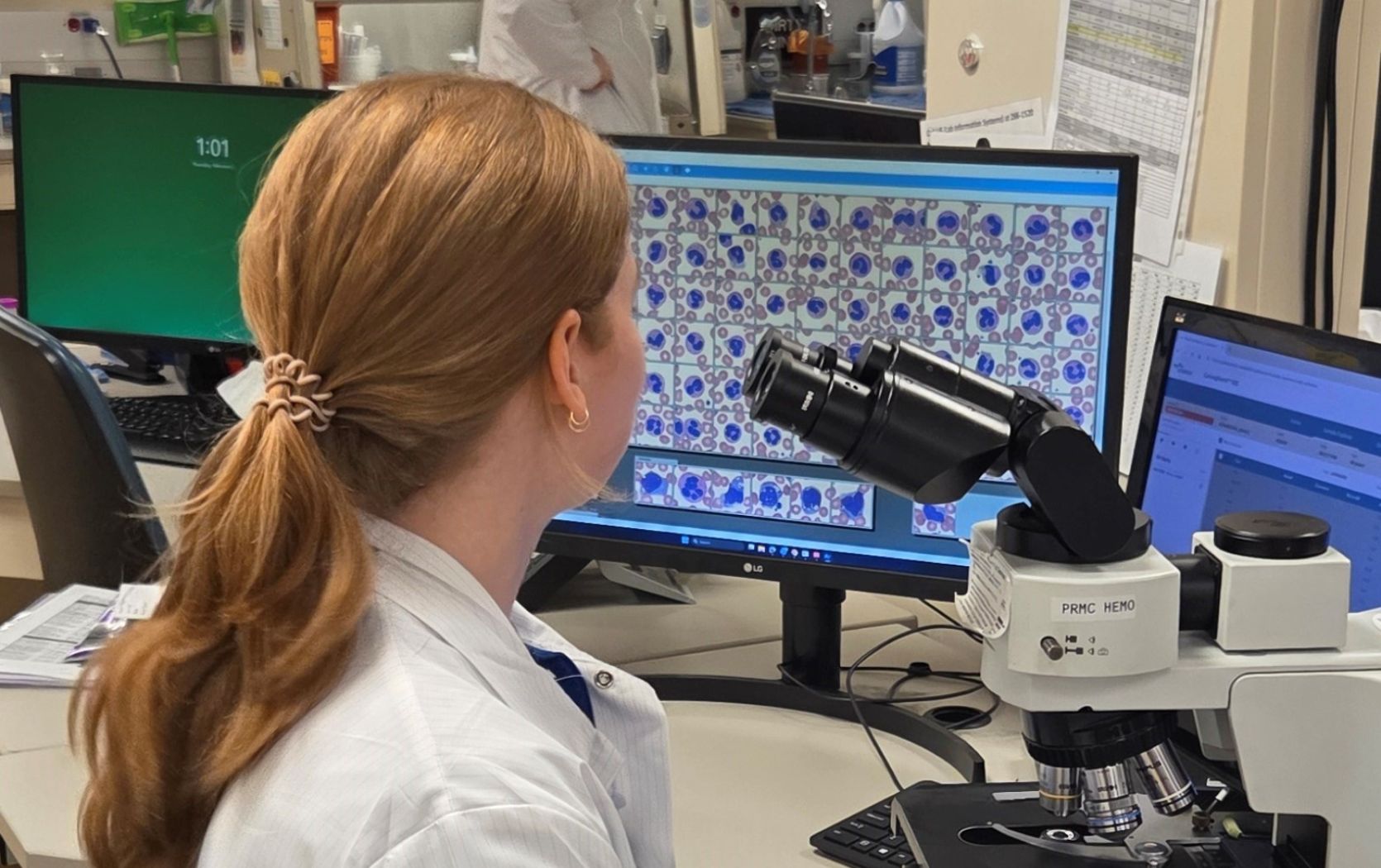
A traumatic brain injury (TBI) can range from a mild concussion to a severe head injury. It is caused by a blow to the head or body, a wound that breaks through the skull (such as from a gunshot or car crash), a fall or another injury that jars or shakes the brain. A TBI can cause bruising, swelling or tearing of the brain tissue, and impacts how the brain works.
What are the symptoms of a traumatic brain injury (TBI)?
Symptoms of a TBI range from mild to severe. No one will be able to tell you for sure how long your symptoms will last following a TBI. With rest, most people fully recover from a brain injury within hours, days, weeks or months. However, some people who have had a severe or repeated brain injury may have long-lasting problems with movement, learning or speaking.
Symptoms may include:
- Not thinking clearly or having trouble remembering new information
- Having headaches, vision problems or dizziness
- Feeling sad, nervous or easily angered
- Sleeping more or less than usual
If you develop these kinds of symptoms at any time after a head injury, even much later, call your doctor.
What problems can develop after a traumatic brain injury?
Immediately following a TBI, you may need another person to watch you closely to make sure your symptoms aren't getting worse. Even long after your brain injury, you may still feel mental and physical effects or new symptoms may develop. These could include:
- Headaches. They are especially common after a brain injury, even months later. You may find that your headaches evolve into chronic pain, which can make even the lightest activities difficult.
- Impaired thinking skills. Brain injuries can affect how well you can concentrate. It may be hard for you to learn a lot of new information all at once or you may not be able to remember things that just happened.
- Trouble communicating. You may have trouble expressing yourself clearly or understanding what other people are saying. When you talk in a group of people, you might find it hard to keep up.
- Emotional issues. You may feel anxious or depressed, have rapid mood changes, or lose interest in things you used to enjoy. Your emotional ups and downs may be tied to struggles with speaking, thinking and memory.
- Sleep changes. You may have changes in your sleep patterns, such as not being able to fall asleep or stay asleep, or sleeping much more than you did. Not getting good sleep can affect how well you recover and how severely other symptoms affect you.
- Substance use disorder. You may use drugs or alcohol to get rid of feelings of anxiety, depression and stress or to feel normal or accepted. If you are having problems with drugs or alcohol, treatment can help. The first step is often detoxification, along with medical care.
- Post-traumatic stress disorder. Along with the physical damage from a brain injury, you might have long-lasting effects from the trauma of the injury. You may have fears about a loss of safety and control in your life. You may pull away from other people, work all the time, or use drugs or alcohol. It's important to get treatment for post-traumatic stress disorder (PTSD). Talk to your family doctor. Or, if you're a veteran, contact your local VA hospital or Vet Center.
- Developmental problems. In children, a brain injury, even a mild one, can interrupt the brain's development. This can have a permanent effect on a child's ability to keep up with their peers. If your child has had a head injury, call their provider for advice on what to do.
If you find that you are feeling sad or blue or aren't enjoying the activities or hobbies that you enjoyed in the past, talk to your healthcare provider about these feelings. You may have depression, which is common with chronic pain and other symptoms of a brain injury. The Parkview Behavioral Health HelpLine is available 24 hours a day at 260-471-9440 or 800-284-8439.
If you or a loved one has had a traumatic brain injury, Parkview offers a support group that may help. To receive a monthly mailing or e-mail announcement of the topic, contact group facilitator Kristin Smith, OTR/CBIS, at 260-452-4943 or [email protected].
Copyrighted material adapted with permission from Healthwise, Incorporated. This information does not replace the advice of a doctor.




